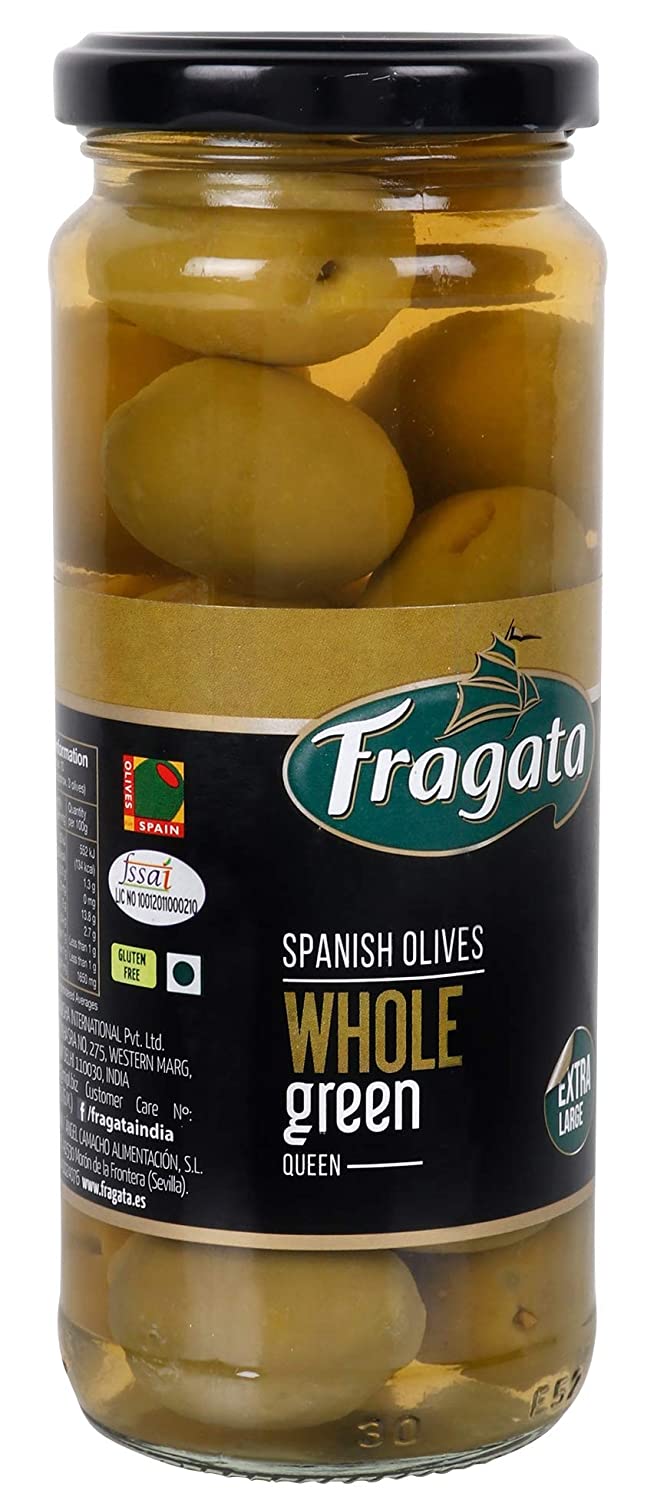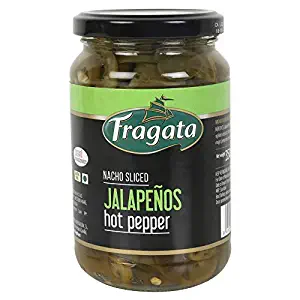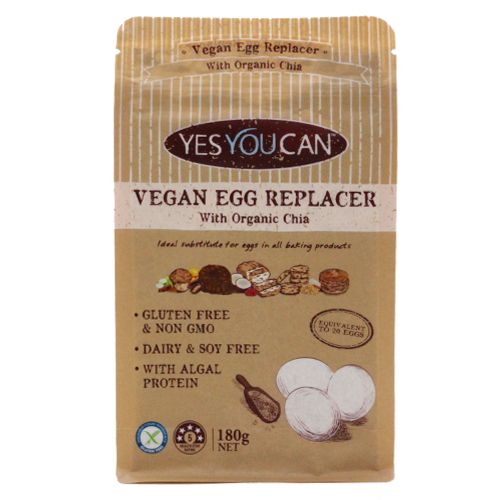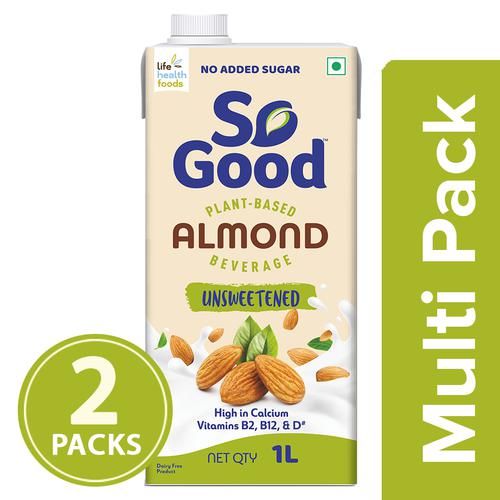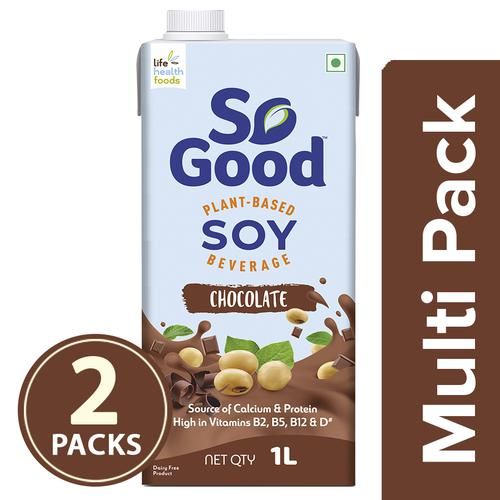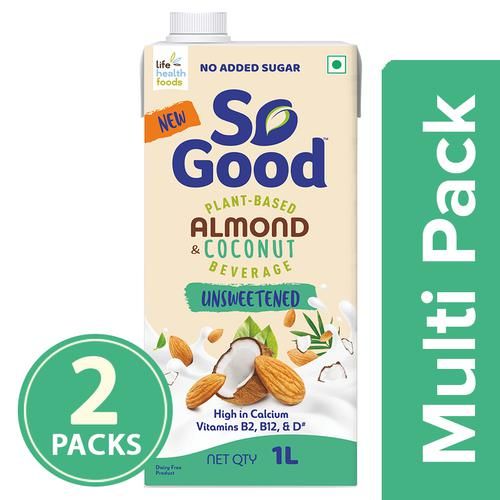Gluten
Macronutrient
Last update date: November 08, 2023
Gluten is a protein found in many grains, including wheat, barley and rye. It's commonly found in foods like bread, pasta, pizza and cereal. Gluten provides no essential nutrients.
Frequently Asked Questions
1.
What is Gluten?
Gluten, a protein naturally present in food grains like wheat, barley, and rye. This protein is what makes the dough stretchy and elastic and also helps it rise.
2.
What is positive impact of Gluten?
Facilitates digestion and absorption of nutrients Provides energy and supports metabolic processes Helps maintain the structure of baked goods Promotes healthy bowel movements and prevents constipation Supports the growth and repair of body tissues
3.
What is negative impact of Gluten?
Can cause gluten-related disorders like celiac disease, gluten sensitivity, or wheat allergy Symptoms may include digestive issues, bloating, diarrhea, fatigue, and skin problems Long-term exposure to gluten in individuals with celiac disease can lead to intestinal damage and nutrient deficiencies
4.
Who should avoid Gluten?
People with celiac disease or gluten sensitivity should avoid gluten Individuals with wheat allergy should also eliminate gluten-containing grains from their diet Some individuals with autoimmune conditions may benefit from a gluten-free diet
5.
What food is highest in gluten?
Common sources of gluten include; wheat, barley, and rye along with products made from these grains Gluten is found in bread, pasta, cereals, pastries, and many processed foods
6.
Which are symtoms of Gluten deficiency?
A deficiency of gluten itself is not a concern as it is not an essential nutrient However, individuals with celiac disease or gluten-related disorders may experience nutrient deficiencies due to the inability to properly absorb nutrients from gluten-containing grains Common deficiencies include iron, calcium, vitamin D, and B vitamins, which can lead to anemia, osteoporosis, and other health complications
7.
Is gluten harmful for everyone?
Gluten isn't harmful for everyone; unless you have celiac disease or gluten intolerance, there's no need to avoid it. Gluten provides essential B vitamins and fiber. Beware of gluten-free products that compensate with extra sugar, salt, or refined starches. If you're on a gluten-free diet for medical reasons, check ingredient lists and nutrition facts for healthier choices.


